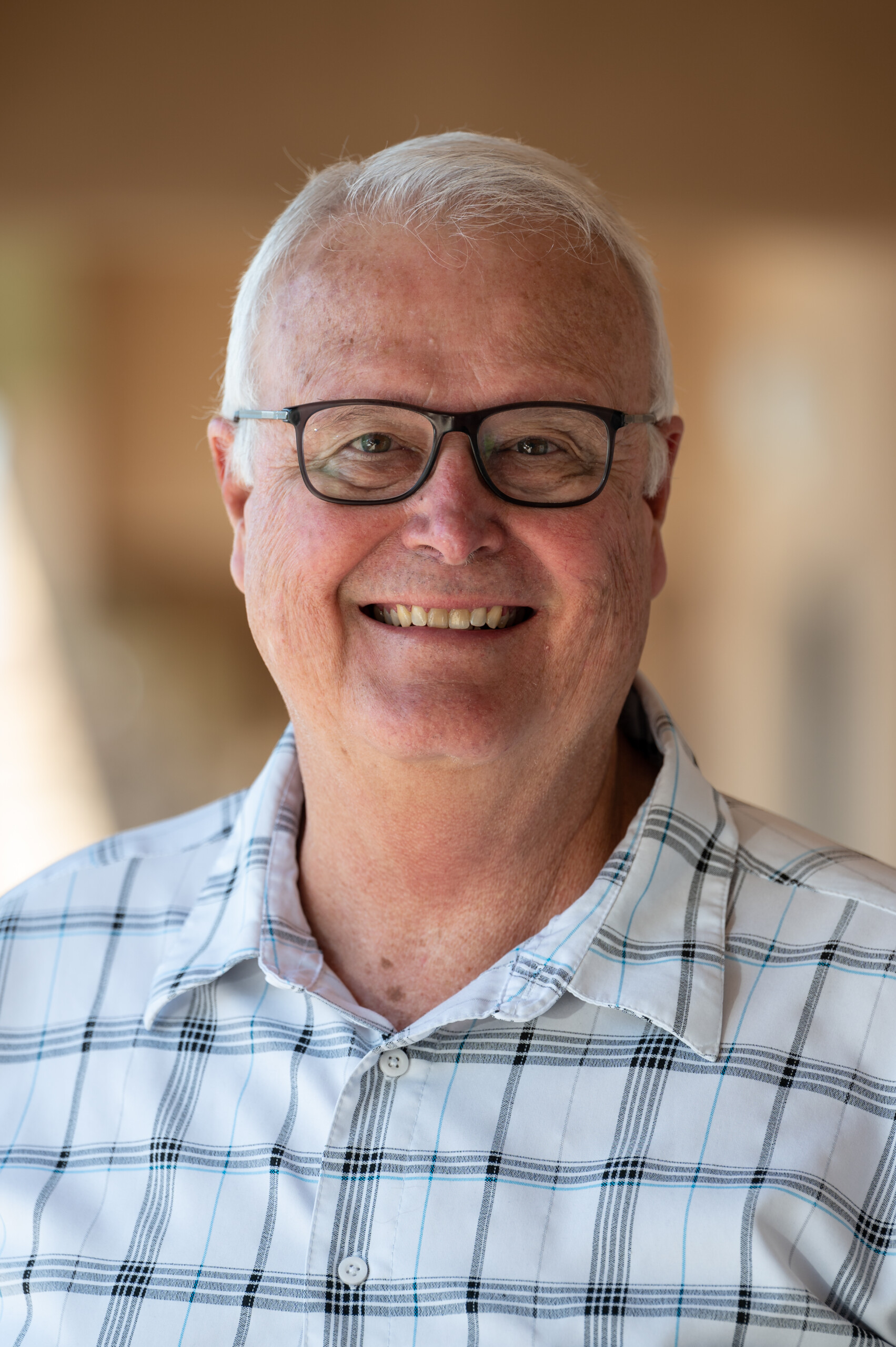
COMMENTARY
A half-century ago today, the final U.S. troops left Vietnam.
Fifty years. How can it be that long?

Bombs dropping, bodies mangled, South Vietnamese citizens tearfully distraught in their villages: Is it because the war was in our living rooms every night on television that those memories are burned in, making it difficult to fathom that it really was that long ago?
Was it losing almost the equivalent of the entire city of Maricopa (58,220 according to the National Archives) — in a war that few wanted? Or that it divided the country and sparked civil unrest with often violent clashes between protesters and law enforcement on college campuses and in the streets? And at a time when Watergate, the civil-rights movement, the drug culture and a more permissive society were upon us?
As we mark the milestone today, it’s funny: In 1973, I don’t recall people still talking about the big events of a half-century before that. By then, those memories were faded: 1923 marked the original Yankee Stadium opening, the U.S. Supreme Court deciding a Punjabi Sikh cannot become a naturalized U.S. citizen because he is not a “white person,” the governor of Oklahoma outlawing the theory of evolution in public-school textbooks, the Hollywood sign (originally Hollywoodland) going up in the hills of Los Angeles, and the Berkeley Fire that took out 640 structures, including 584 homes, north of the University of California campus. No TV coverage of any of that.
We still think music from 1973 is great, and it is. Yet in 1973, few could even name a song from 1923.
It illustrates the power of mass communication and how it changed the world.
* * *
Our record in wars began to take a turn south in Korea, which to this day is essentially a draw.
Vietnam – a conflict that, like Korea, never technically was designated a war – was the first we ever lost. We’d never fought a war like it, with hand-to-hand guerrilla combat in jungles and rice paddies. We weren’t ready for it.
The Land of the Free and the Home of the Brave watched from the losers’ locker room as Saigon fell and the North took over the South.
And we’d never fought a war in which we were less than fully engaged.
It was a war run by the White House and fueled by big business for economic gain. Our troops were set up to fail. What if we had nuked Hanoi? Would it have ended quickly, or escalated in ways we don’t even want to think about? We had the resources to win the war, unconventional as it was, but we didn’t use them.
Then why were we there? What was there to be gained?
And worse, what about the young men and women of the U.S. who were sent into combat, most of them drafted to serve? We have many in the Maricopa area today, and they were honored this morning during a special flag-raising ceremony.
I faced the draft in 1972, when I was 18. I remember watching the draft lottery on television, knowing I had a student deferment, yet still nervous. For myself. For my friends and others my age, who would have no say about going to fight an unpopular war.
My number was 316. Many people I know were not as fortunate, yet thank God they all came home more or less intact physically. Mentally, that was another story. I know a guy who refuses to have his office desk configured in a way that people can approach from behind him. He has to be facing foot traffic.
I’ve never been the only survivor of an airliner crash, but I image it must be similar to the way I feel about those who were killed or injured mentally or physically for life. Survivor’s remorse.
I recall how our Vietnam vets were treated when they came home. They didn’t get a hero’s welcome. There was no ticker-tape parade down Broadway, as our returning World War II vets received. Our Vietnam vets were scorned, ridiculed, chastised, insulted.
I hurt for them. They don’t deserve it. It wasn’t their fault.
So, as we observe the 50th anniversary of the end of a dark chapter in U.S. history, if you know a Vietnam veteran, treat them with respect. Show them some understanding.
And then remember something else happened in 1973, something designed to prevent another Vietnam: On Nov. 7, the Congress of the U.S. overrode President Richard Nixon’s veto of the War Powers Resolution, which limits presidential power to wage war without congressional approval.
Remember that, and also remember these words from the third verse of “The Star Spangled Banner.” If there’s truly a good reason to do it, then do it – and win. But don’t do it halfway:
Oh, thus be it ever, when free men shall stand
Between their loved homes and the war’s desolation!
Blest with vict’ry and peace, may the heav’n-rescued land
Praise the Pow’r that hath made and preserved us a nation!
Then conquer we must, when our cause it is just,
And this be our motto: “In God is our trust!”
And the star-spangled banner in triumph shall wave
O’er the land of the free and the home of the brave!
— Francis Scott Key, 1779–1843
Peace be with us all.
Lee Shappell is Editorial Director of InMaricopa.

![MHS G.O.A.T. a ‘rookie sleeper’ in NFL draft Arizona Wildcats wide receiver Jacob Cowing speaks to the press after a practice Aug. 11, 2023. [Bryan Mordt]](https://www.inmaricopa.com/wp-content/uploads/2024/04/cowing-overlay-3-218x150.png)




![Maricopa’s ‘TikTok Rizz Party,’ explained One of several flyers for a "TikTok rizz party" is taped to a door in the Maricopa Business Center along Honeycutt Road on April 23, 2024. [Monica D. Spencer]](https://www.inmaricopa.com/wp-content/uploads/2024/04/spencer-042324-tiktok-rizz-party-flyer-web-218x150.jpg)





![Alleged car thief released without charges Phoenix police stop a stolen vehicle on April 20, 2024. [Facebook]](https://www.inmaricopa.com/wp-content/uploads/2024/04/IMG_5040-218x150.jpg)

![MHS G.O.A.T. a ‘rookie sleeper’ in NFL draft Arizona Wildcats wide receiver Jacob Cowing speaks to the press after a practice Aug. 11, 2023. [Bryan Mordt]](https://www.inmaricopa.com/wp-content/uploads/2024/04/cowing-overlay-3-100x70.png)


